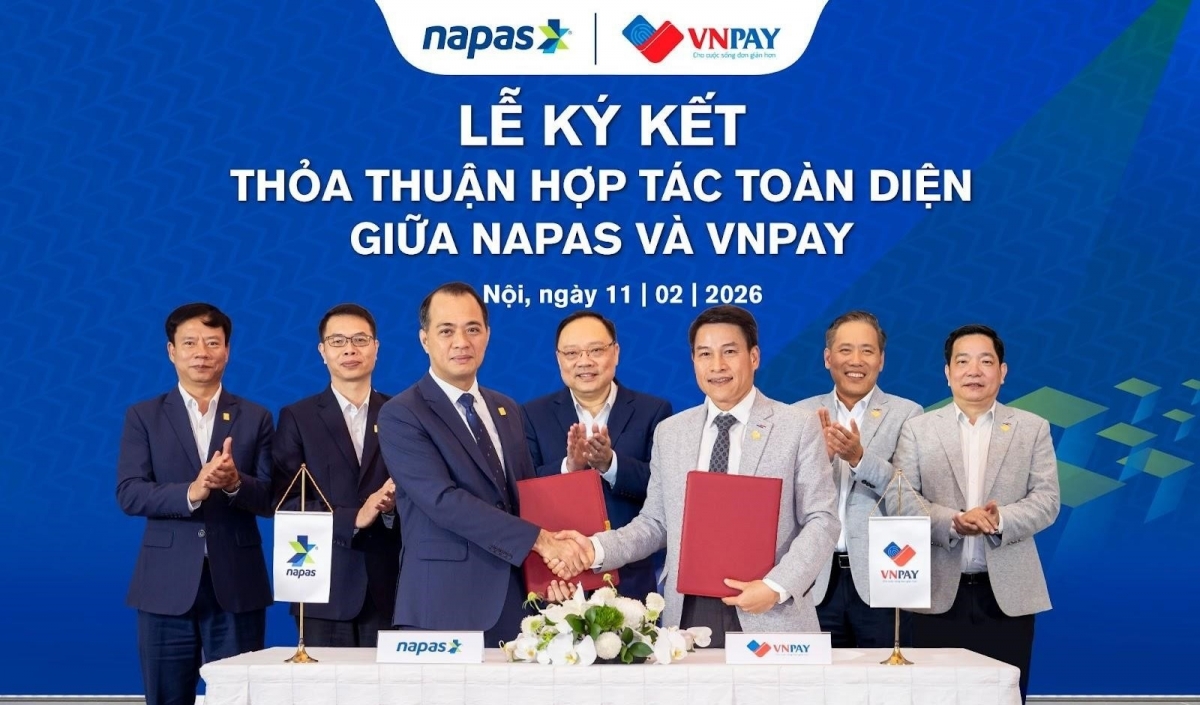INTERNATIONAL INVESTMENT
AND PORTAL
The statement was made by the Ministry of Finance at a workshop to announce Decree No.242/2025/ND-CP (Decree 242) dated September 10 on the management and use of ODA and concessional foreign loans, held on the morning of September 26 in Hanoi.
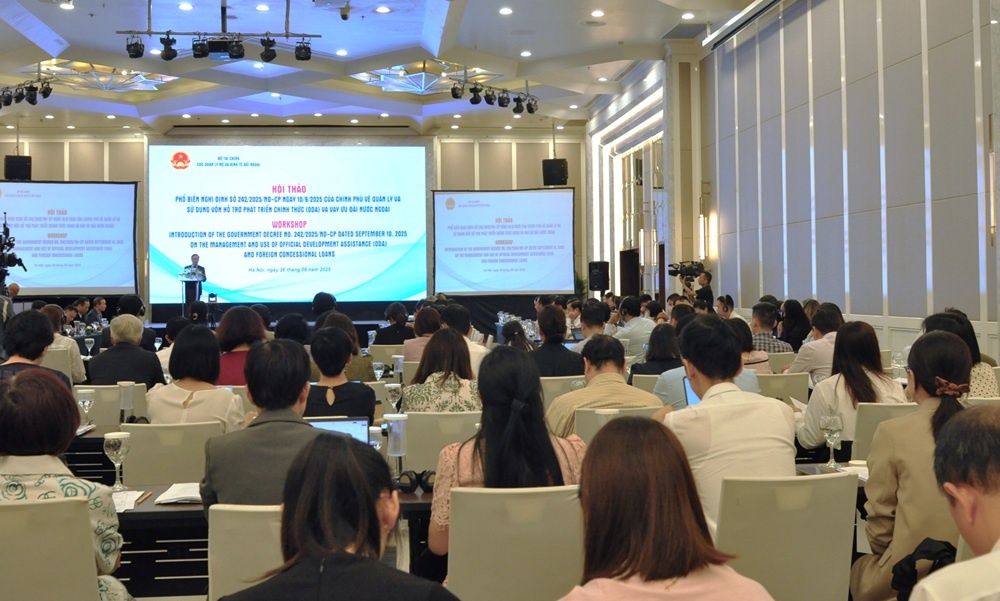
The workshop featured representatives of central ministries and agencies, local authorities, and relevant organisations and enterprises, as well as bilateral and multilateral donors and international organisations providing ODA and concessional loans to Vietnam.
Speaking at the event, Nguyen Quoc Phuong, director general of the Department of Debt Management and External Finance under the Ministry of Finance (MoF), noted that Decree 242 holds significant importance as it not only removes bottlenecks in the mobilisation of ODA and concessional loans but also reflects the government's strong commitment to institutional and policy reform.
“The decree aligns with the strategic reform direction set forth in the four breakthrough resolutions of the Politburo, aiming to unlock resources and create momentum for Vietnam to enter a new phase of development, towards the goal of prosperity and strength,” Phuong stated.
Resolution No. 66 outlines the Party's objectives in building Vietnam's legal system; Resolution No. 68 promotes private sector development; Resolution No. 57 focuses on the development of science, technology, innovation, and national digital transformation; and Resolution No. 59 drives proactive and comprehensive international integration. These are four strategic pillars underpinning the nation's development.
According to the MoF executive representative, Decree 242 focuses on three major solution groups to enhance the effective use of foreign capital for sustainable development.
First, administrative procedures are simplified by removing much unnecessary intermediate approval and appraisal requirements for ODA and concessional loan projects; streamlining procedures for project document adjustments, with consultation from the MoF required only for significant capital increases; simplifying the loan reception process; and significantly reducing the number of cases requiring adjustments to investment policies, thus accelerating progress.
Second, the decree strengthens decentralisation and delegation of authority by transferring decision-making power for Group A projects and many other projects previously under the PM's jurisdiction to ministries, sectors, and localities; empowering agencies to take charge of most regional projects except in a few specific sectors; and authorizing these agencies to decide on the use of surplus capital and adjust projects of state-owned enterprises that re-borrow ODA and concessional loans.
In addition, the decree strengthens mechanisms and removes obstacles by clarifying regulations on the use of ODA and concessional loans by state-owned enterprises, thus facilitating public investment; adding provisions for the handling of assets and equipment handed over by donors to ensure legal transparency; supplementing budget expenditure decentralisation for science, technology, innovation, and digital transformation; and allowing disbursement in electronic environments, in line with digital transformation trends and donor requirements.
With these measures, Decree 242 is expected to increase the initiative and accountability of ministries, sectors, and localities; improve the efficiency of ODA and concessional loan utilisation; reduce time and cost in project management; meet the requirements of the Law on Public Investment 2024; and ensure the consistency of the legal system.
This, in turn, will help create a transparent, open, and favourable legal environment for attracting foreign capital, thereby propelling socioeconomic development and the implementation of national key programmes and projects.
The workshop was not only a platform to disseminate legal documents but also served as a forum for participants to exchange, discuss, share experiences, and propose solutions to effectively implement the decree.
It was also an opportunity to listen to the perspectives of ministries, sectors, and localities, the direct implementing bodies, as well as beneficiary entities, and development partners who have been, are, and will continue to accompany and support Vietnam on the country's development journey.
The MoF declared its continued commitment to accompanying stakeholders, providing guidance, and promptly resolving difficulties to ensure the effective implementation of Decree 242, contributing to the country's rapid and sustainable development.
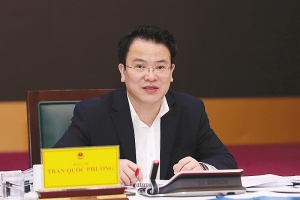 Using ODA and concessional loans in efficient manner
Using ODA and concessional loans in efficient manner
In order to effectively mobilize and use official development assistance (ODA) and concessional loans from foreign donors, it is necessary to implement policies and concretize the guidelines of the Party and state on attracting such loans to successfully implement the 2021-2025 sociometric development plan and the sociometric development strategy for the rest of the decade.
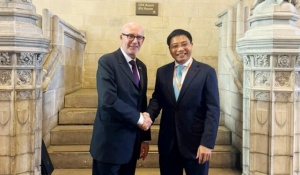 Vietnam and UK discuss wider cooperation
Vietnam and UK discuss wider cooperation
Minister of Finance Nguyen Van Thang met with UK Trade Envoy Matt Western on September 15 in London to discuss advanced finance and trade ties.
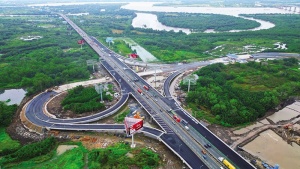 Economic growth hinges on regional powerhouses to hit 2025 targets
Economic growth hinges on regional powerhouses to hit 2025 targets
Despite a highly positive economic outlook in the first eight months, the government's ambitious GDP growth target of 8.3–8.5 per cent for 2025 now faces a bigger test: unlocking rapid growth from key provinces to meet ambitious national targets.


